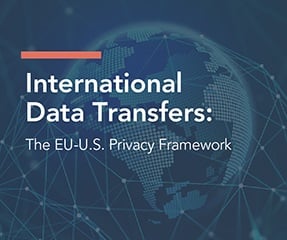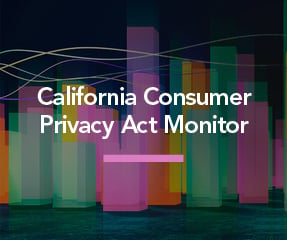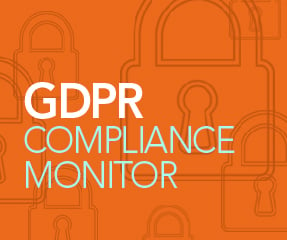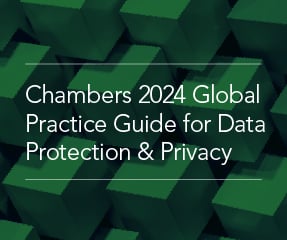Upcoming Events
Meet the Team

Kwaku A. Akowuah
Washington, D.C.
Data Matters Privacy Blog
Sheila A.G. Armbrust
San Francisco
Data Matters Privacy Blog
Francesca Blythe
London
Data Matters Privacy Blog
Colleen Theresa Brown
Washington, D.C.
Data Matters Privacy Blog
John M. Casanova
London
Data Matters Privacy Blog
Sharon R. Flanagan
San Francisco, Palo Alto
Data Matters Privacy Blog
David A. Gordon
Chicago
Data Matters Privacy Blog
Tomoki Ishiara
Tokyo
Data Matters Privacy Blog
Robert D. Keeling
Washington, D.C.
Data Matters Privacy Blog
Amy P. Lally
Century City
Data Matters Privacy Blog
David C. Lashway
Washington, D.C.
Data Matters Privacy Blog
William RM Long
London
Data Matters Privacy Blog
Joan M. Loughnane
New York
Data Matters Privacy Blog
Geeta Malhotra
Chicago
Data Matters Privacy Blog
Glenn G. Nash
Palo Alto
Data Matters Privacy Blog
Rollin A. Ransom
Los Angeles
Data Matters Privacy Blog
Alan Charles Raul
Washington, D.C., New York
Data Matters Privacy Blog
Jennifer B. Seale
Washington, D.C.
Data Matters Privacy Blog
Yuet Ming Tham
Singapore, Hong Kong
Data Matters Privacy Blog
Jonathan M. Wilan
Washington, D.C.
Data Matters Privacy Blog
John W. Woods Jr.
Washington, D.C.
Data Matters Privacy Blog











Nothing Found
Sorry, no posts matched your criteria